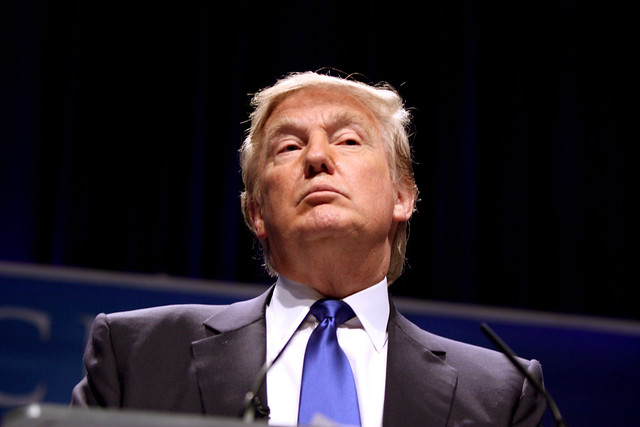Corporate tax inversions occur when a corporation decides to re-incorporate overseas either by merger or acquisition with a foreign corporation. Primarily, this is beneficial if the corporation generates a large portion of income overseas, since income is taxed overseas and in the country of incorporation. Therefore, a corporation would invert in order to lower their tax liability.
Inversions Erode Federal Tax Base
When a corporation re-incorporates overseas, the corporation is not subject to U.S. corporate tax on foreign generated income. However, a U.S. based corporation has to pay federal corporate taxes on income generated overseas unless they stockpile the income overseas and not on U.S. soil. Carl Icahn, a well-known activist investor, said in this article that “companies are currently holding $2.2 trillion abroad that could otherwise be invested in the U.S.” This creates a burden on the U.S. Government, which relies on the federal tax base as a primary asset.
Inversions Hurt Shareholder Value
Following this sequence of events, when a corporation stockpiles income overseas to avoid taxes, then foreign generated income is unable to be returned to the shareholders of a U.S. based corporation. Found in this article, one of the largest companies with billions in foreign generated income is Apple Inc. Effectively, Apple is unable to utilize their large sums of cash overseas to finance share buybacks and dividends that will benefit shareholders. Ultimately, decreasing potential shareholder value.
As described in this article, corporations that undergo inversions effectively lower their tax rate, but shareholders of inverted corporations incur capital gains tax on all shares owned as if they sold them.
Increasing shareholder value is a prime goal of U.S. corporations and inversions deteriorate shareholder value by decreasing buybacks and dividends and increasing taxes borne by shareholders.
Donald Trump Will Stop Inversions
Who will stop inversions and return value to shareholders?
The current leader for the Republican presidential nomination, Donald Trump, has directly addressed corporate tax inversions in his tax-reform plan. Trump plans to cut the corporate tax rate from 35% down to 15% , as described in this article. This creates an incentive for corporations to remain incorporated in the U.S. and also makes incorporation in the U.S. more attractive for corporations abroad. Also cited in the article, Trump will make this corporate tax cut feasible by instituting a “one-time tax of 10% on overseas profits for U.S. corporations”. Overall, Trump’s plan will make the U.S. globally competitive in the realm of corporate taxes.

